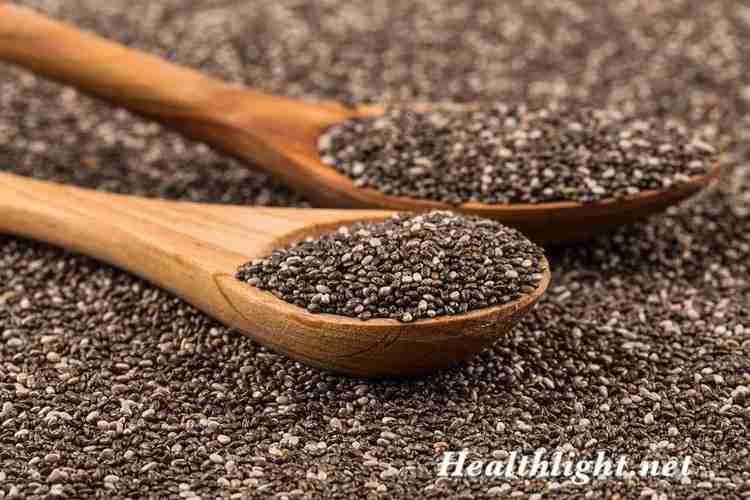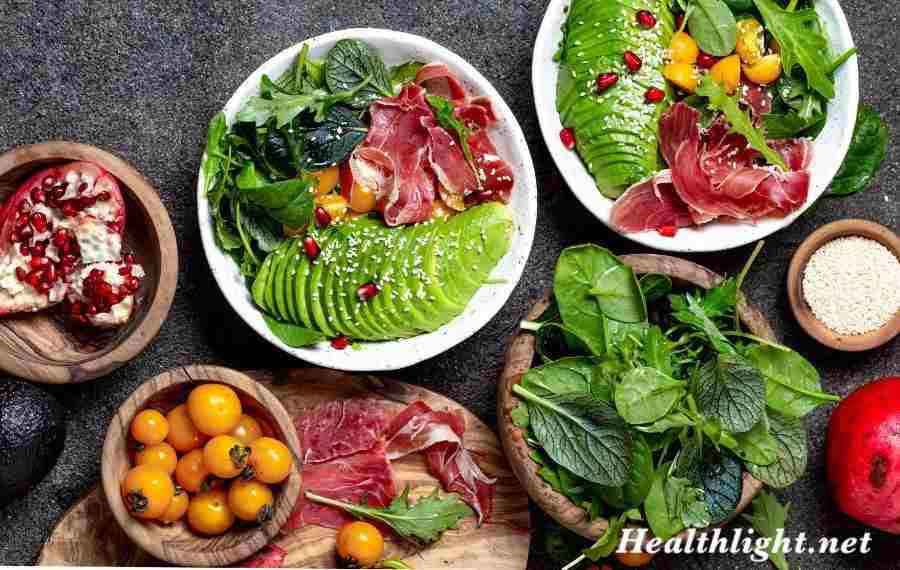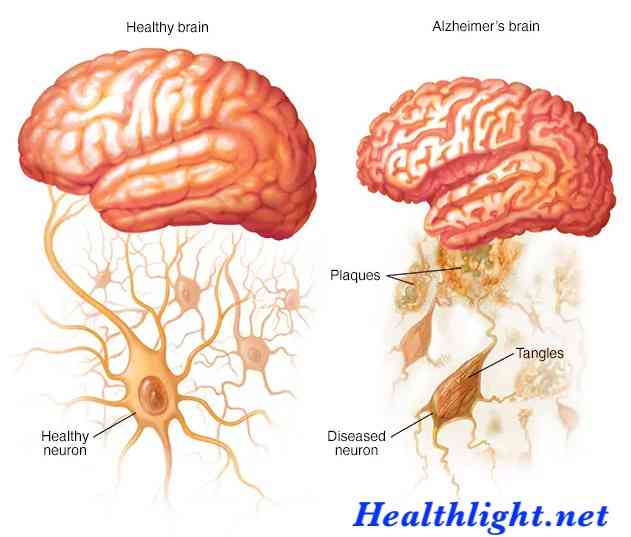Chia Seeds may be small, but they are considered one of the most nutrient-dense foods on the planet. Once a staple in the diets of ancient Mayan and Aztec cultures, these tiny black and white seeds have made a strong comeback as a modern superfood. They are widely recognized for their high fiber, plant-based protein, and omega-3 fatty acids.
From smoothies and puddings to baked goods and healthy snacks, chia seeds have become a versatile ingredient in kitchens worldwide. This article explores their nutritional profile, health benefits, practical uses, and potential side effects to help you understand why they deserve a place in your daily diet.
What is Chia Seeds?
Chia seeds come from the Salvia hispanica plant, a member of the mint family native to Mexico and Central America. They are small, oval-shaped, and usually black, white, or gray in color. When soaked in liquid, chia seeds expand and form a gel-like coating, making them unique among edible seeds.
Traditionally, these seeds were valued for their ability to provide long-lasting energy. In fact, the word “chia” means “strength” in the Mayan language. Today, science confirms that chia seeds are loaded with nutrients that contribute to energy and overall health.
Nutritional Profile:
A single ounce (about 28 grams or 2 tablespoons) of chia seeds contains approximately:
- Fiber: 11 grams.
- Protein: 4 grams.
- Fat: 9 grams (with 5 grams being omega-3 fatty acids).
- Calcium: 18% of the Daily Value (DV).
- Magnesium: 30% of the DV.
- Phosphorus: 27% of the DV.
- Antioxidants: high amounts that protect the body from free radicals.
Chia seeds are also gluten-free and naturally low in calories, making them suitable for almost any diet plan.
Health Benefits of Chia Seeds:
Supports Digestive Health:
Thanks to their high fiber content, chia seeds are excellent for digestion. Fiber helps regulate bowel movements, prevent constipation, and promote a healthy gut microbiome. The gel that forms when chia seeds are soaked may also slow digestion, keeping you fuller for longer.
Rich Source of Plant-Based Omega-3s:
Omega-3 fatty acids are essential for heart and brain health. While most sources of omega-3s are animal-based (like fish), chia seeds provide a plant-based alternative, making them ideal for vegetarians and vegans.
Helps Manage Weight:
The combination of protein, fiber, and healthy fats in chia seeds promotes satiety. Eating them may reduce overall calorie intake by controlling appetite, which is helpful for people aiming to lose or maintain weight.
Improves Heart Health:
Chia seeds may help lower risk factors for heart disease by reducing LDL (bad cholesterol), raising HDL (good cholesterol), and supporting healthy blood pressure levels. The omega-3s further help reduce inflammation and support cardiovascular function.
Stabilizes Blood Sugar:
Research suggests that chia seeds can improve insulin sensitivity and blood sugar control. This makes them beneficial for people with type 2 diabetes or those at risk of developing it.
Strengthens Bones:
Rich in calcium, magnesium, and phosphorus, chia seeds contribute to bone density and strength. Just two tablespoons provide more calcium than many dairy products.
Boosts Energy and Performance:
The Mayans and Aztecs consumed chia seeds for sustained energy during long journeys and battles. Modern athletes also use them as a natural energy booster due to their slow-digesting carbs, protein, and hydration-supporting properties.
Rich in Antioxidants:
Chia seeds contain powerful antioxidants that fight free radical damage, slow aging, and reduce the risk of chronic diseases.
How to Use Chia Seeds in Your Diet:
One of the best things about chia seeds is how versatile they are. They have a mild, nutty flavor that pairs well with both sweet and savory dishes. Here are some simple ways to include them in your meals:
- Chia Pudding: Soak 2 tablespoons of chia seeds in ½ cup of milk (dairy or plant-based) overnight. Add fruit, honey, or nuts for flavor.
- Smoothies: Blend a tablespoon into your morning smoothie for an extra nutrition boost.
- Baking: Mix chia seeds into muffins, bread, or pancakes for added texture and fiber.
- Oatmeal or Yogurt: Sprinkle a spoonful on top for crunch and nutrition.
- Salads: Add chia seeds as a topping for a healthy crunch.
- Egg Replacement: Mix 1 tablespoon of chia seeds with 2.5 tablespoons of water. Let it sit until gel-like, then use as a substitute for eggs in vegan baking.
Chia Seeds and Weight Loss:
Because they expand in liquid, chia seeds may help reduce overeating. When consumed with water, they can expand in the stomach, leading to a feeling of fullness. While they aren’t a “magic solution” for weight loss, they work well as part of a balanced, calorie-controlled diet.
Potential Side Effects:
While chia seeds are safe for most people, there are a few considerations:
- Digestive Issues: Eating too many at once without enough water may cause bloating or constipation.
- Allergies: Though rare, some individuals may be allergic.
- Medication Interactions: People on blood-thinning medication or with blood pressure issues should consult a doctor before increasing chia intake, as omega-3s may enhance blood-thinning effects.
Moderation is key start with small amounts and gradually increase to avoid discomfort.
Buying and Storing Chia Seeds:
Chia seeds are widely available in grocery stores, health food shops, and online. Choose organic varieties if possible for better quality. They should be stored in a cool, dry place in an airtight container. Since they are naturally resistant to spoilage due to antioxidants, they can last up to two years.
Final Thoughts:
Chia Seeds prove that big things come in small packages. Packed with fiber, protein, healthy fats, and antioxidants, they offer numerous benefits for digestion, heart health, weight management, and energy.
Easy to add to your daily meals, chia seeds can be mixed into smoothies, puddings, or baked goods to boost nutritional value. While they aren’t a miracle food, they are a valuable addition to a healthy, balanced diet.
If you haven’t tried chia seeds yet, consider making them a part of your routine you may be surprised by how such tiny seeds can make a big difference in your overall health.









